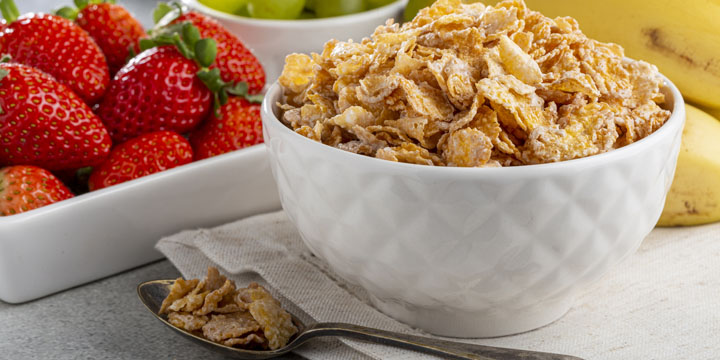
Living with diabetes can be stressful, with the constant demands of management often leading to anxiety and distress. The foods you eat will impact your mental health as much as your physical health, as it strengthens your ability to cope and manage diabetes more effectively.
Research suggests that diets high in processed foods, refined sugars and unhealthy fats can lead to chronic inflammation, which may increase the risk of depression and mood disorders. On the other hand, eating more fruits, vegetables, whole grains and healthy fats can help reduce inflammation and support mental well-being. Choosing a balanced, nutritious diet is one way to promote both physical and mental health.
How does nutrition play a role in improving your mental health?
As we strive for better mental health, we often think of valuable strategies such as therapy, exercise and stress management. However, one crucial yet often overlooked factor is the role of nutrition. The foods we consume play a significant role in our emotional well-being. Our gut and brain communicate using the same cells and chemicals, which is why our gut is often called the “second brain.”
The gut stores trillions of microorganisms that play a crucial role in our mental health. These bacteria produce neurotransmitters such as serotonin and dopamine that affect our mood and emotional states. Eating more of specific nutrients, such as omega-3 fatty acids, B-vitamins, whole grains and fermented food, can play a crucial role in brain function and mood regulation.
Which foods can boost your mental well-being?
When it comes to nutrition and mental health, including more nutrient-dense whole foods can help nourish your brain and promote better mental health outcomes. The key nutrients that have been shown to play a specific role in improving mood and reducing symptoms of anxiety and depression include omega-3 fatty acids and B-vitamins. In addition, fermented and whole grain foods also play a role. These nutrients and foods support the production of neurotransmitters, which regulate mood and contribute to feelings of happiness and well-being.
Omega-3 fatty acids
These essential fats are linked to reduced inflammation in the brain, which can positively impact mood and decrease depression symptoms. Some common food sources of omega-3 include:
- Fatty fish (e.g. salmon, mackerel and sardines)
- Flax seeds
- Chia seeds
- Walnuts
B-vitamins
This group of vitamins plays a crucial role in neurotransmitter production. A deficiency in B-vitamins, B6, B9 (folate), and B12 can potentially contribute to mood disorders such as depression and anxiety. To ensure adequate intake of B-vitamins, incorporate foods such as:
- Leafy greens (e.g. spinach, kale and Swiss chard)
- Legumes
- Whole grains
- Lean proteins
Fermented foods
Fermented foods contain probiotics that support a healthy gut. A balanced gut microbiome (trillions of microorganisms) has been linked to improved mood regulation and reduced symptoms of anxiety and depression. Include more of these fermented foods in your diet:
- Yogurt
- Kefir
- Sauerkraut
- Kimchi
Whole grains
Unlike refined, processed carbohydrates, which can cause fluctuations in blood sugar levels and mood swings, whole grains provide a steady source of energy, support a more balanced mood and have a calming effect. Choose whole grains such as:
- Oats
- Quinoa
- Barley
- Millet
What foods have a negative effect on your mood?
To support good mental health, try to limit processed foods, refined sugars and artificial additives. These can increase inflammation, which may harm brain function and mood. Processed foods often lack nutrients and contain unhealthy fats, excess sugar and salt, which can negatively affect mental well-being. Refined sugars, found in sweets and sugary drinks, can cause quick blood sugar spikes followed by crashes, leading to mood swings, irritability and low energy. Diets high in added sugar have also been linked to a higher risk of depression and anxiety.
While nutrition is just one piece of the puzzle when it comes to mental health, incorporating these foods into your diet can have a positive impact on your emotional well-being. By fueling your body with nutrient-dense foods, you can support a healthier mind and build greater resilience against stress and anxiety. Remember, you can start small, because even small changes in your diet can lead to significant improvements in your mental health over time.



